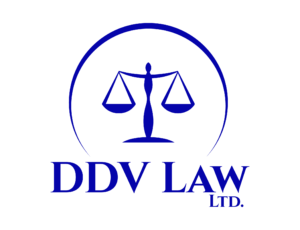Estate Planning Mistakes to Avoid
Estate planning is a crucial step for anyone who wants to ensure their final wishes are honored and their loved ones are protected. However, even carefully crafted plans can go awry without regular updates and attention to detail. Here are some common estate planning mistakes to avoid:
Failing to Include Power of Attorney
A power of attorney is an essential component of any estate plan. It designates a trusted person to make financial, legal, and medical decisions on your behalf if you become incapacitated. Without a power of attorney, your family may need to go through a lengthy and costly court process to gain the authority to make these crucial decisions for you.
Misunderstanding Your Estate Plan
It's vital to thoroughly understand your estate plan's details. Not comprehending what the plan entails or what happens when it is activated can lead to unintended consequences for your heirs. Take time to review your plan with a professional to ensure you are fully aware of its implications and operations.
Forgetting to Update It as Circumstances Change
Life is full of changes that can affect your estate plan, such as marriage, divorce, the birth of a child, or the death of a beneficiary. Regularly updating your estate plan, at least every five years, ensures that it reflects your current wishes and circumstances. Neglecting this step can result in outdated directives that no longer align with your intentions.
Failing to Fund Revocable Trusts
Revocable trusts are popular because they can help avoid probate, which can be a lengthy and expensive process. However, one common mistake is setting up a revocable trust but failing to transfer assets into it. If the trust isn't funded, the assets may still have to go through probate, defeating the trust's purpose. Ensure that all intended assets are properly transferred to the trust.
While estate planning may seem daunting, avoiding these common mistakes can make the process significantly smoother and ensure your intentions are met. Don't hesitate to consult with a professional to navigate the complexities of estate planning. Review your current estate plan for any of these oversights and seek professional advice if you are unsure about any aspect.

